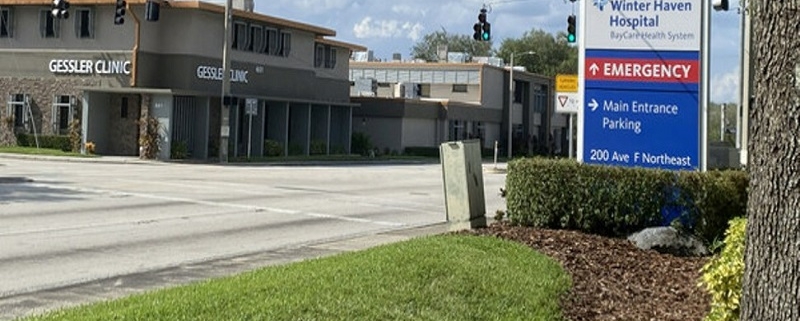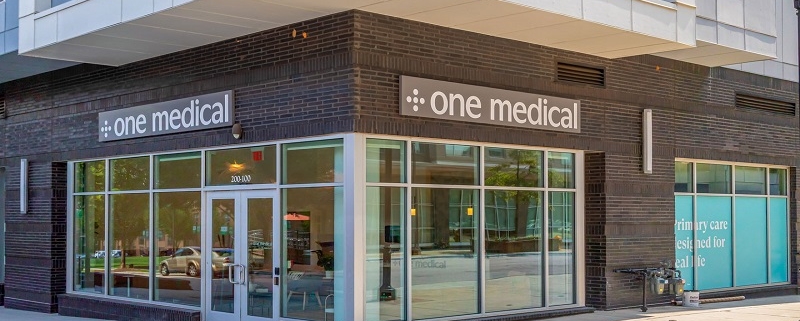BayCare Health System Acquires Winter Haven’s Gessler Clinic
BayCare Health System, Central Florida’s largest non-for-profit healthcare provider, is acquiring Gessler Clinic, Winter Haven’s physician-owned health care clinic, effective December 2.
“Gessler’s long-standing dedication and high-quality service to its patients make it a natural fit to expand BayCare’s commitment to the community,” BayCare Co-Chief Operating Officer Lou Galdieri said in a release. “This transition underscores a mutual vision to elevate health care delivery in Winter Haven and Polk County.”
Winter Haven Hospital already falls under the BayCare umbrella of healthcare centers, and works alongside Gessler Clinic to provide care to the residents of Winter Haven and greater Polk County.
“This transition builds on BayCare’s long-standing commitment to Polk County,” says Tom Garthwaite, president of Winter Haven Hospital.
BayCare Health System includes hospitals and locations for physicians and ambulatory services in the Central Florida area. Gessler Clinic has been serving the Winter Haven community since 1957 and includes more than 40 physicians in 20 specialties.
“Polk County is a large and growing county that deserves the very best in health care offerings,” Garthwaite continues. “This medical practice transition is about meeting the growing community’s access to health care. We are excited to be expanding our network’s primary care physician and specialist network.”
Garthwaite says they are working to ensure a smooth transition for patients.
Gessler Clinic’s main location is directly across the street from Winter Haven Hospital, and many providers already practice at both Winter Haven Hospital and Winter Haven Women’s Hospital. The two hospitals joined the BayCare System in 2013, adding not only acute care facilities to the health system but also outpatient behavioral health services, a community blood center and primary care practices.
“The transition allows us to continue our work on improving the health of all we serve by providing high-quality, compassionate care,” Garthwaite says. “Joining forces with Gessler will expand our extraordinary team and ultimately benefit our community. This will provide a great foundation for future physician growth and alignment. BayCare values our relationships with thousands of physicians across our region and often have conversations about how we might more closely align to better serve our patients and communities.”
“As a physician, you want nothing more than to take good care of your patients,” said Richard LaCalamito, D.O., a member of the Gessler Clinic since 1996. “With this transition, our community’s health will remain the driving priority of this clinic.”
In 2022, BayCare was named among the nation’s top 20% of health systems for clinical and operational excellence by FORTUNE/Merative for the fourth year in a row.
Also under the BayCare umbrella are Bartow Regional Medical Center and a Winter Haven-based urgent care center. Additionally, they opened two additional urgent care centers in surrounding cities, expanded specialty and primary care services, and established a family medicine physician residency program.
Most Gessler providers and team members will join BayCare, according to BayCare, and the group will take over operations on Dec. 2.
Source: Central Florida healthnews




